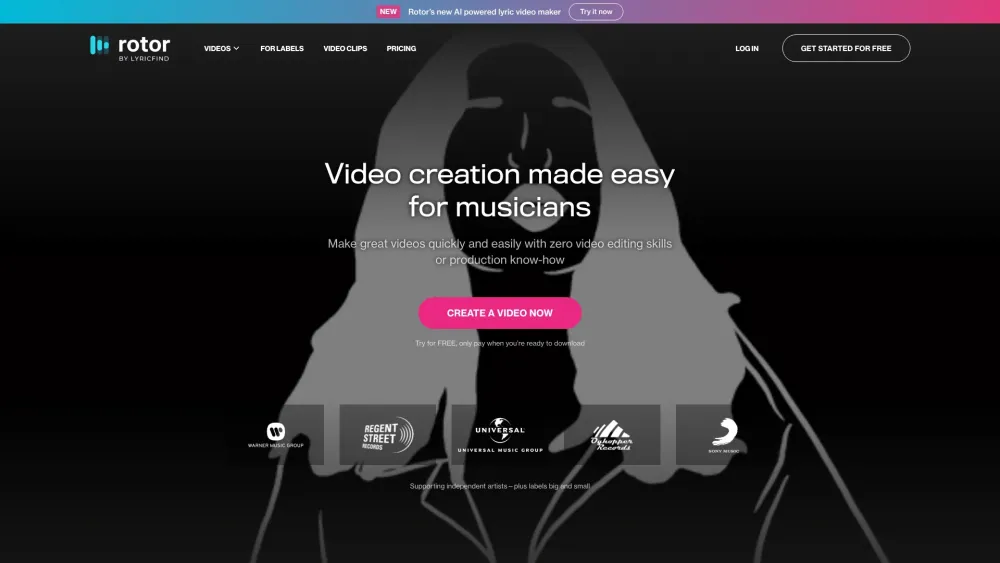Apple's AI Endeavors: The Rise of Apple GPT
Recently, rumors have circulated that Apple is developing a chatbot called Apple GPT, designed to mirror OpenAI's ChatGPT using Apple's own AI models. In an age where generative AI products are rapidly emerging—from Google's Pixel smartphones to Samsung's Galaxy S24 series—Apple has remained somewhat evasive. CEO Tim Cook informed investors that generative AI will be introduced later this year, marking a "new chapter" for the company. Additionally, it seems Apple may seek support from Google or even assistance from OpenAI to reach its goals.
According to Bloomberg, Apple is negotiating with Google for the licensing of the Gemini AI model on the iPhone, a strategy reminiscent of Samsung’s approach with the Galaxy S24 series using Google’s Gemini Nano model. While the deal's specifics remain undefined, Apple appears to be in talks with OpenAI as well. Given that OpenAI's technology is already integrated into Microsoft products and independent apps like ChatGPT Plus, excitement and concern swirl around Apple’s AI trajectory.
Apple's AI Developments
By the end of 2023, Apple quietly launched a range of AI models and frameworks running on its silicon chips to introduce generative AI capabilities to the Mac lineup, akin to Qualcomm's efforts with its Snapdragon X Elite platform. Additionally, Apple's research team released a paper on a generative AI tool named Keyframer, which leverages the GPT-4 model for static image processing through vector graphics.
Another innovative tool allows for image editing via simple voice commands, similar to Qualcomm’s voice-assisted media editing toolkit promoted in their latest Snapdragon flagship chip. Bloomberg's follow-up reports highlight that Apple is enhancing its specialized team to review generative AI capabilities, aiming to make these tools available to developers by 2024.
Rumors suggest that the first generative AI features from Apple could debut in June with the release of iOS 18, focusing on local device functionality rather than cloud-based solutions.
Gemini's Local Functionality
Gemini operates locally on the phone while maintaining internet connectivity, offering various features. For instance, it can summarize conversations in the voice recorder app, even functioning offline. Moreover, Gemini Nano brings intelligent reply features to the Gboard keyboard app, providing context-aware suggestions and offline translation capabilities.
Once the Gemini app is installed, users can interact through natural language to receive assistance in writing, brainstorming, and quickly summarizing emails and documents, generating images, retrieving scene information, interpreting screen content, and planning travel using Google Maps and Google Flights.
Apple's Collaboration Prospects with Google
As mentioned earlier, Samsung’s close collaboration with Google enabled the adoption of the Gemini Nano AI model on its flagship devices, a partnership that Apple might easily implement as well. Even if device licensing negotiations falter, Gemini could still be accessible via applications. However, while Gemini’s licensing could significantly alter user interaction with the iPhone, its potential to enhance Siri remains uncertain.
Currently, Google has not fully integrated Gemini with Google Assistant. Although Gemini could replace the Assistant on Android devices, Google Assistant remains crucial for many everyday tasks. Given Apple’s tightly integrated software ecosystem, the role distribution between Gemini and Siri could pose user confusion.
Apple could also collaborate with Google to create unique integration solutions that combine Gemini with the Apple ecosystem's functionalities. However, considering Gemini's current data storage policies, the likelihood of deep integration seems questionable.
Challenges Ahead for Apple
Clearly, Apple is lagging in the generative AI sector and is eager to catch up. The Gemini licensing deal indicates that we may never see Apple’s AI developments under the Ajax project fully realized and may have to settle for a compromised alternative. Despite Gemini's powerful capabilities, it has not been without flaws; users have highlighted significant discrepancies in image generation, particularly regarding skin tone and ethnicity.
As controversies grow, Google has paused the text-to-image generation feature of Gemini. In an internal memo, Google’s CEO acknowledged that such errors are "completely unacceptable." In India, Gemini has ignited discussions surrounding politically sensitive remarks, highlighting the urgency of AI regulation.
For a company like Apple, known for its cautious approach to government oversight, promoting Gemini on a global scale is a high-stakes risk. With Google cautioning users about potential Gemini errors, Apple must carefully evaluate this venture.





